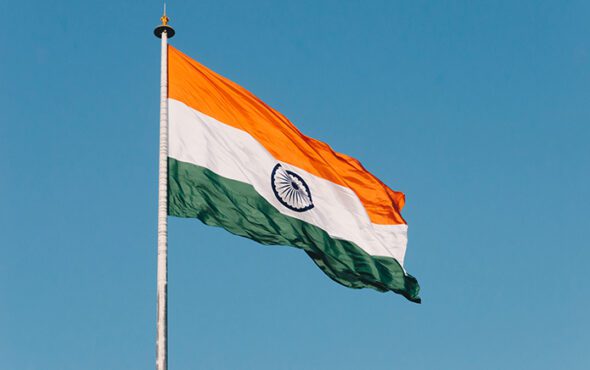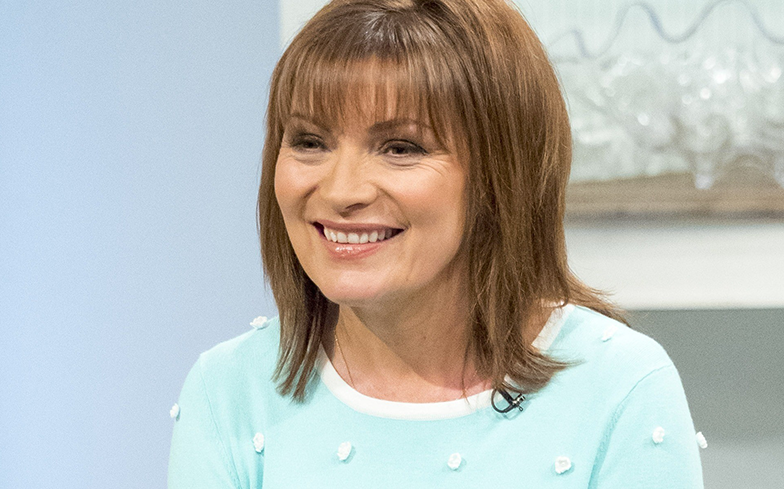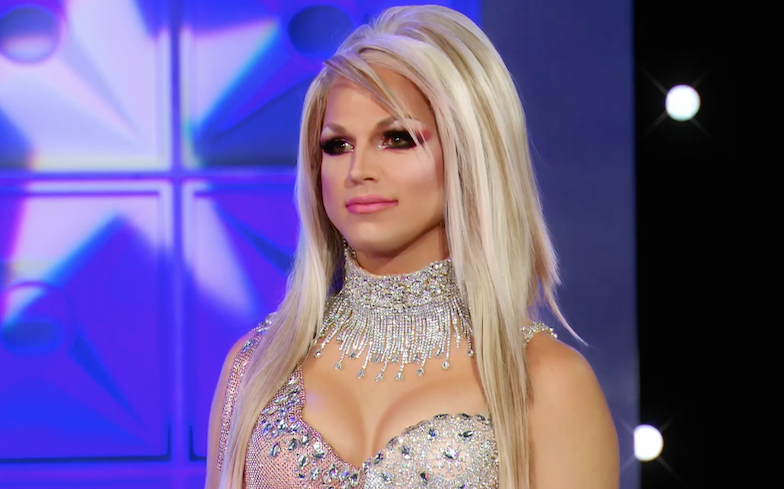
LGBTQ+ Indians pledged on Tuesday to keep fighting for marriage equality after the Supreme Court declined to legalise same-sex weddings, but said they feared a long wait due to the government’s opposition to gay unions.
A five-judge bench left the contentious issue to parliament to decide, dashing the hopes of millions of LGBTQ+ people in the world’s most populous country, five years after the court finally scrapped a colonial-era ban on gay sex.
It also ruled that same-sex couples did not have the right to adopt children.
“We may stumble on the march to equality, but we will continue to march forward,” said Saattvic, who goes by one name, a gay Indian man living with his partner in Vancouver, Canada.
Calling the court’s decision “disappointing”, Saattvic said it had vindicated his move from India to a country where same-sex marriage is allowed.
“I feel sad that my own country will not yet have me as I am, and will not treat me as an equal … I hope that changes soon,” said Saattvic, one of more than a dozen petitioners in the case.
He and his partner want to marry in a typical big Indian wedding back home with friends and family.
The court accepted the government’s offer to set up a panel to consider granting certain non-marital rights to same-sex couples on access to services and facilities such as joint accounts in banks and pensions, from which they are currently barred.
But Philip C. Philip, a Delhi-based LGBTQ+ rights activist, said that without clarity about who would sit on the panel – or a timeline for parliament to frame a law – the offer was “completely hollow”.
There was no immediate response from the government to the court ruling, but Prime Minister Narendra Modi’s nationalist Bharatiya Janata Party administration had opposed petitions to the court on the issue, saying same-sex marriage is not “comparable with the Indian family unit concept of a husband, a wife and children”.
Many LGBTQ+ Indians say that means parliament is unlikely to support equal marriage, at least in the short term, meaning they will remain at a disadvantage compared to straight couples.
“We go back to living complicated and difficult lives in the wake of a government that refuses to see us,” said Konika Roy, a Mumbai-based bisexual woman.
‘A fight every time’
While LGBTQ+ Indians have made significant strides since the 2018 gay sex ruling – from their portrayal on television to more representation in politics and inclusive corporate policies – many still fear coming out.
They say discrimination and abuse are rife, preventing them from accessing jobs, healthcare, education and housing. Gay couples often struggle to rent homes or make medical decisions for each other in emergencies because they are not married.
Parul, a finance professional, and her partner have given each other power of attorney in the event of a health emergency, in case hospitals refuse to accept them as next-of-kin.
Like many gay couples, they hoped the Supreme Court might reach a decision that would sweep away such difficulties and let them marry in India.
“The expectation was quite low,” said Parul, who goes by one name and now intends to marry her partner in Denmark despite being unsure over whether the marriage certificate will be accepted for joint bank accounts or insurance schemes in India.
“It’s a fight every time,” she said.
But despite the court’s decision on marriage, some campaigners said the judges had made positive observations in their decision, for example, saying that transgender people in heterosexual relationships can marry under existing laws.
“Things are moving positively so let’s keep our spirits high,” said Padma Iyer, mother of Harish Iyer, an outspoken gay rights activist and one of the petitioners in the case.
Padma, the co-founder of Rainbow Parents, a collective of parents of children who identify as LGBTQ+, sparked nationwide debate about gay marriage eight years ago when she put an advert in a Mumbai newspaper seeking a groom for her son.
“We can’t rest. We know what the struggle is going to be for our children,” she said.
“I don’t know when we will get peace for this community.”
Reporting by Annie Banerji and Roli Srivastava.
GAY TIMES and Openly/Thomson Reuters Foundation are working together to deliver leading LGBTQIA+ news to a global audience.



